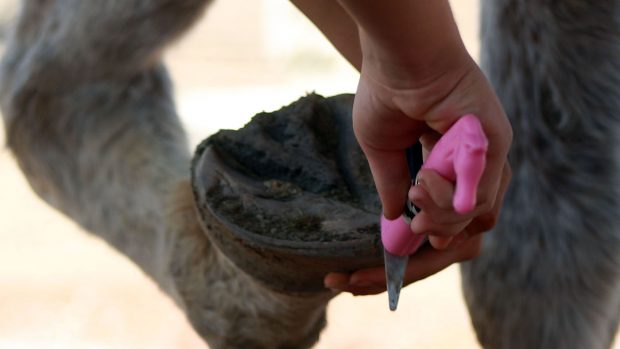Ask any vet whether they treat more horses or ponies and the answer will almost always be the same — horses. It’s a similar response when you talk to farriers and equine dental technicians — it would appear that ponies simply have fewer problems.
But where is the proof?
Numerous studies have shown that ponies are physiologically superior to horses. Findings include the following:
• Ponies are more able to match their ventilatory response to their metabolic requirements than horses, making them much more efficient at breathing during exercise. In 1999, researchers in Washington, USA, found that ponies — unlike horses — do not become hypoxaemic (deficient of oxygen in the blood) or hypercapnoeic (suffering from too much carbon dioxide in the blood) during exercise.
• Ponies live longer than horses — possibly because they don’t go as fast. Researchers at the University of Minnesota, USA, in 2003, discovered that the geriatric group used in their study included a significantly greater number of ponies than horses. Colic, dental disease, tumours and pituitary disease were cited as the most common killers in geriatric horses.
• Certain parts of ponies’ knee bones are thicker and more dense than the equivalent in horses. Studies in Australia in 2011 found that ponies are more able to carry weight and withstand loads at speed, relative to their size, than thoroughbred horses. Through breeding horses to be more finely built for speed, bone density has reduced — resulting in thinner, lighter bones that are more likely to fracture under pressure.
Ref: H&H 4/7/13




